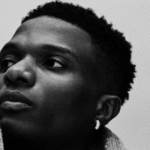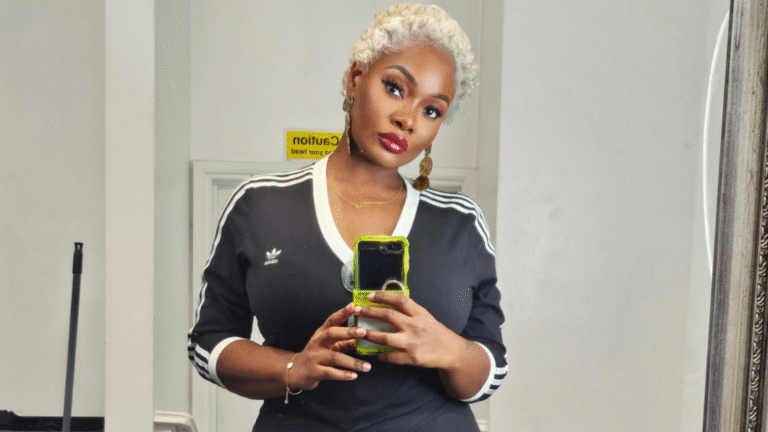In today’s music scene, talent is no longer the only ingredient for a hit; virality is. And nowhere is this more obvious than on TikTok. The short-form video app has evolved from a place for dance trends into a full-blown hitmaking machine, where a catchy hook, a relatable lyric, or a dance challenge can turn …

TikTok or Talent? How Challenges Are Deciding the Next Hit Song

In today’s music scene, talent is no longer the only ingredient for a hit; virality is. And nowhere is this more obvious than on TikTok. The short-form video app has evolved from a place for dance trends into a full-blown hitmaking machine, where a catchy hook, a relatable lyric, or a dance challenge can turn an unknown artist into the next big thing. In Nigeria’s Afrobeats-driven music industry, the platform has become a major player in determining what tops playlists and dominates radio rotations.
Gone are the days when an artist needed to hustle their way up through radio spins or club DJ rotations. Now, all it takes is a trending challenge. Songs like “Soweto” by Victony, “Calm Down” by Rema, and “Kante” by Davido ft. Fave all enjoyed massive boosts from TikTok virality. Whether it was dancing routines or short skits using their lyrics, creators gave these tracks a second (and sometimes third) life beyond streaming platforms.
But it’s not just established artists who benefit. TikTok has become a launchpad for new acts. Take Odumodublvck’s “Declan Rice”, which gained popularity after fans began using its bold lyrics in motivational videos. Or Ayra Starr’s “Bloody Samaritan”, which gained traction when users turned it into a confidence anthem. Even Shallipopi’s “Elon Musk” became a nationwide anthem through TikTok challenges before it became a chart-topper.
Challenges have become the new A&R. Artists and labels now design songs with TikTok in mind — short, catchy, and hook-heavy. A 10-second clip that goes viral can outweigh a full three-minute track.
Artists like Asake have mastered this, with log drums, catchy choruses, and Yoruba-English chants made for virality. Hits like Kizz Daniel’s “Cough (Odo)” and “Buga” became dance phenomena before dominating charts. The cycle is simple: challenges → users join → song trends → charts → more challenges. Some artists even test snippets on TikTok before releasing full tracks.
This raises the talent vs. trend debate. Critics argue that some songs are formulaic, built for virality over substance. Yet artists like Tems, BNXN (Buju), and Omah Lay show that authentic artistry can still thrive amid TikTok trends.
Afrobeats continues to go global, and TikTok remains a powerful amplifier. International audiences often discover Nigerian songs through dance trends or meme sounds long before they hit mainstream charts. So whether you believe it’s TikTok or talent, one thing’s certain: the next Nigerian hit song might already be trending in a 15-second clip somewhere online.






